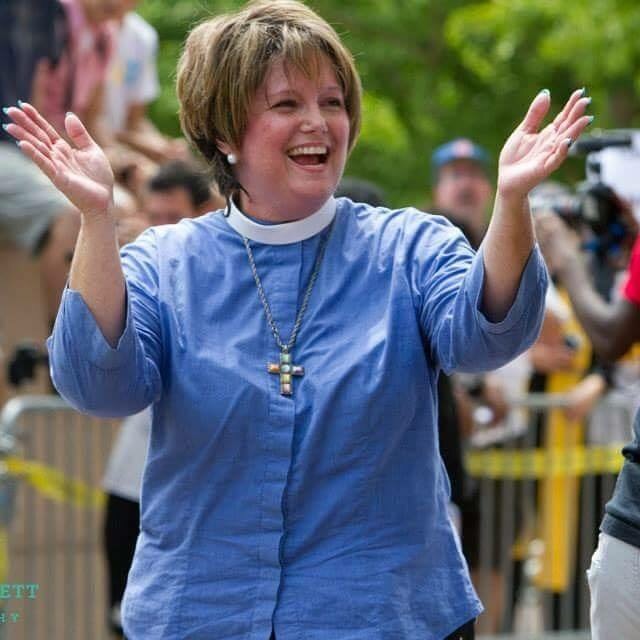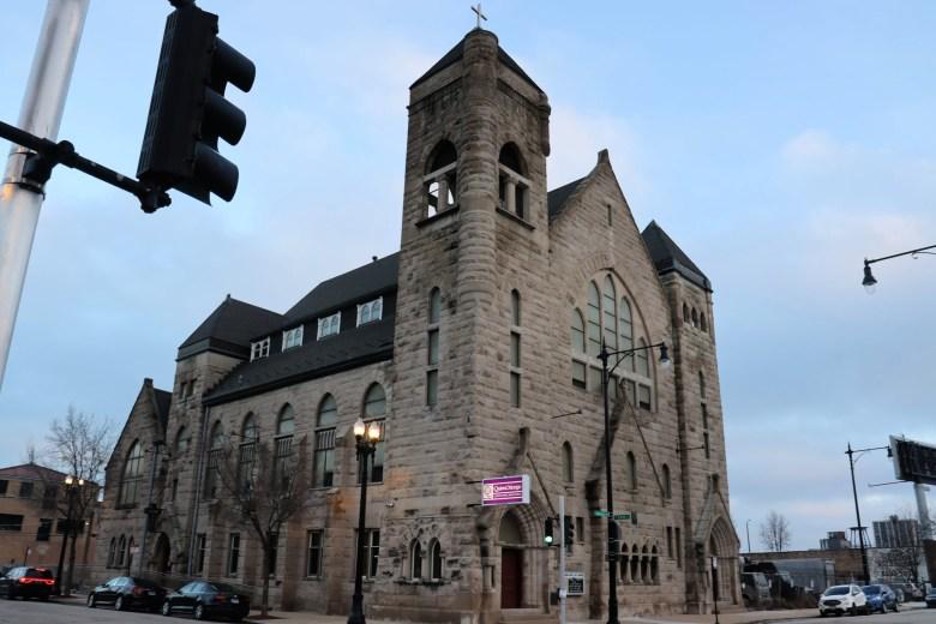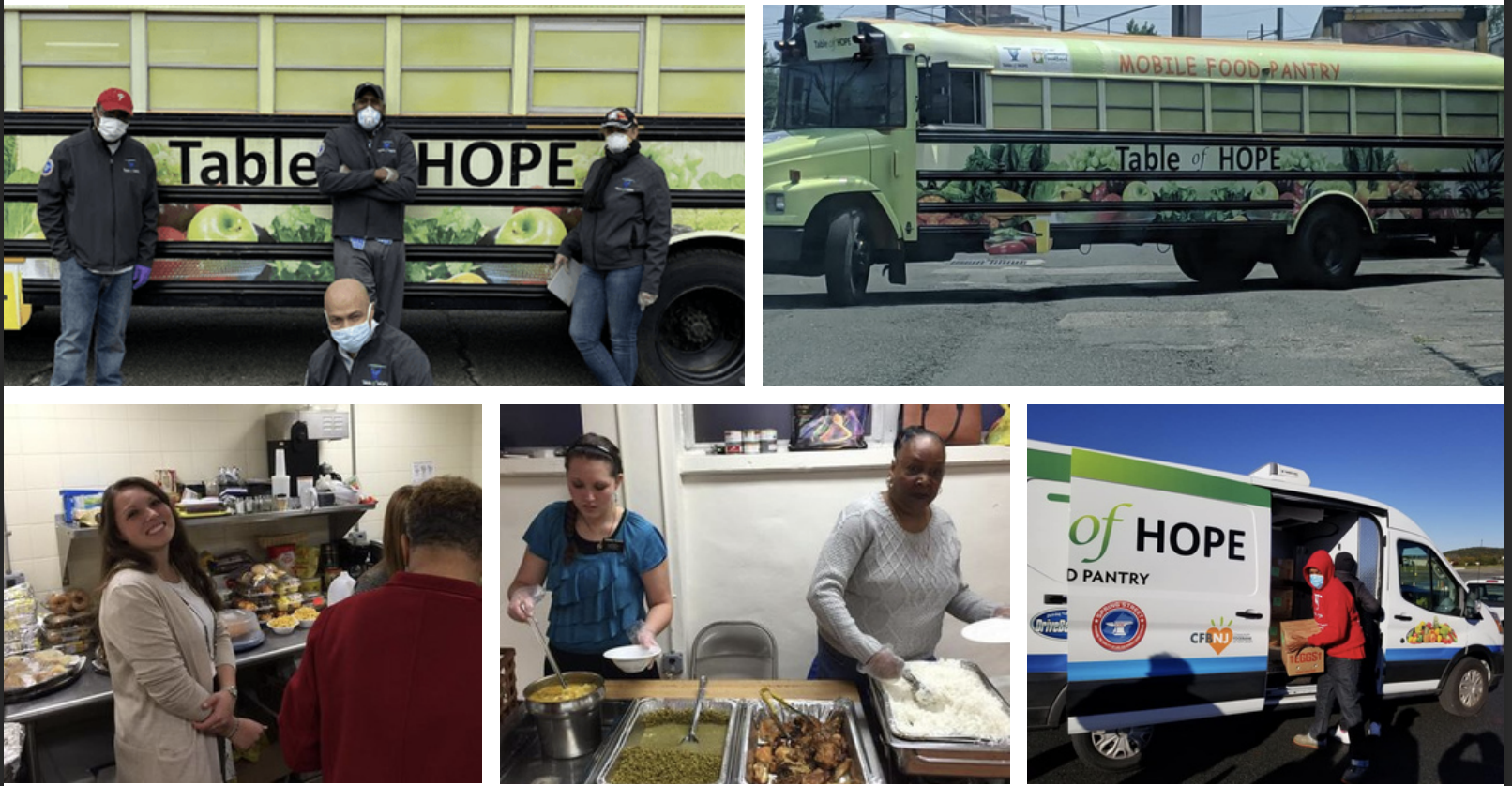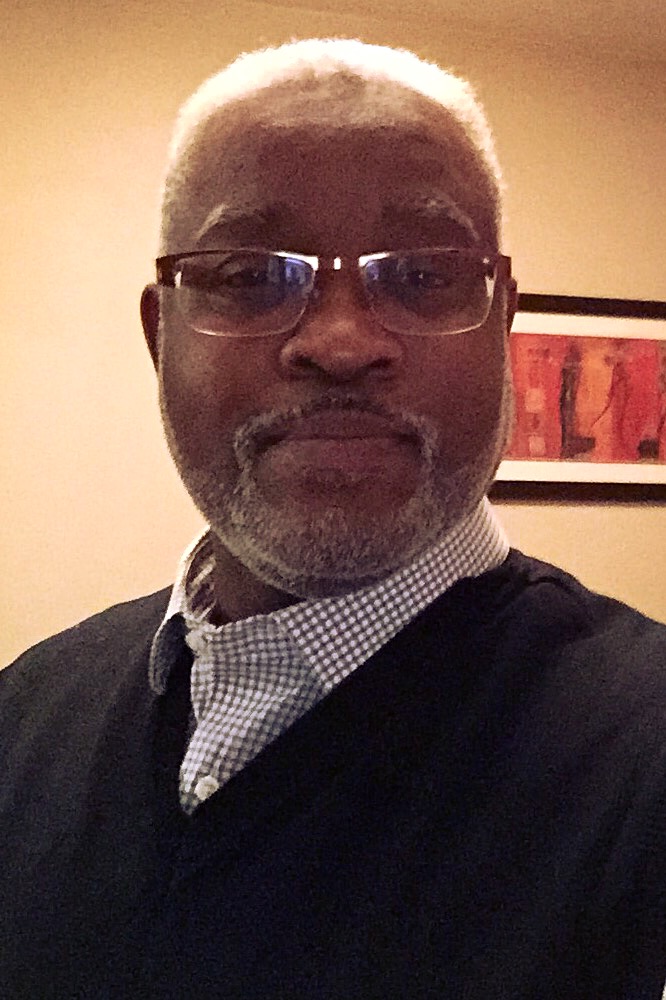By The Rev. Renita Green, Columnist
Keeping Clergy Safe
By The Rev. Renita Green, Columnist
My good friend caught COVID-19 last month. He is vaccinated, working from home, and wears a mask when he rarely leaves the house. Another friend of mine was a healthy man in his late forties before COVID-19 attacked his lungs. He is now on oxygen 24-hours-a-day and awaiting a double lung transplant. He, too, considered himself to be cautious.
It seems like it is only a matter of time before most of us get sick. The way this virus attacks the body is a crapshoot. No one knows how his or her body will react.
While pastoring in the local church, I was more afraid of getting sick than I talked about. Mostly, I was nervous about being asymptomatic and carrying it to vulnerable people I served at the church and in the community. What if I made someone irreversibly sick?
I was nervous about being uninsured. I thought about what it would mean to my children if long-term care was needed—how my sickness would adversely impact their lives. I thought about the fact that I had no savings, no retirement, no investments, and no social security building up. I thought about the burdens my children would have to bear for the sake of my call. I wondered if this was an unfair burden or if it was just par for the course.
I thought about dying. I thought about what my departure would mean to my children and grandchildren. They often pleaded with me to be more cautious. I found myself often praying that the Holy Spirit would keep their hearts—that bitterness would not take root.
Like many pastors—57%, according to Pastoral Care, Inc.—I lived in poverty. I know we do not like the way this sounds, but it is true, especially for many who are single and do not have a primary full-time job. Many single clergy serve without the covering of our spouse’s income and benefits. Many of us exist without much more to live on than what it takes to meet basic needs. Although I do not know the actual numbers, I believe it would be fair to assert that women clergy are impacted at a higher rate than male clergy. These days, the reality is that most congregations are not able to support a pastor fully. Bi-vocational ministry should be expected of most clergy—but this is a different topic for another day.
These COVID-19 days have us assuming a greater health risk than we have had to assume at any other time in the recent memory of the church. The stress and strain of COVID-19 are taking a toll that many who are pastoring hesitate to talk about. When we have talked about the toll among ourselves, we have lamented (to each other) how our faith has been judged—as if by not being excited to reopen our churches and by taking precautions, we have less faith than those who have boldly opened their doors. We have talked about how death and illness have been heavy weights upon our shoulders. One pastor friend tried having this conversation with [his or her] Stewards, who chastised the pastor for not casting [his or her] cares upon the Lord.
Clergy friends have shared how this pandemic has also taken its toll on our sense of purpose, value, relevance, and effectiveness. Many of us have had to become technology experts. We have had to figure out how to “compete” with virtual options that far exceed our human and financial resources. We have had to find new and creative ways to engage our congregations and community.
People are longing to be in the sacred space—for the connection, comfort, and community that is found most fully in our togetherness. We, too, want the church to be open. We want people experiencing the power of God’s love and relishing in the gift of life that comes from the indwelling presence of the Divine in the way that happens so joyfully when we are together—physically.
So much of the conversation about reopening guidelines and keeping people safe has been centered around congregation and community. So many pastors, however, will not talk about the risks and concerns we have for ourselves and our families.
In the swirl of discerning this path, we also have to maintain buildings and budgets, and for many, this is in addition to working a secular job. The Pastoral Care, Inc. survey also revealed that 70% of pastors have lower self-esteem after entering ministry than they did prior to answering the call. COVID-19 ministry challenges have added to the many ways in which we feel inadequate.
There is a lot of fear, shame, and guilt involved when speaking about our own vulnerabilities. We are concerned about being rejected by the people. We are worried that the congregation will begin wandering away—disengaging—and that the church will fold because we were too cautious. We question our own resilience and faith walk—we ask ourselves questions like, “Do I really trust God?” We feel selfish for being concerned about our own health and our families—and feel unfaithful to our families at the same time.
All of this is overwhelming. It is overwhelming to the point that we just are not talking about it at all—not too publicly, at least. Pastoral Care, Inc. reports that pre-COVID-19 pastors worked an average of 55-75 hours weekly. Most will attest to the fact that their hours have increased during the pandemic. Pastoral Care, Inc. reports that 1500 clergy are leaving the pulpit daily. Most of the time, we keep going until we just cannot go anymore. We burn out and check out. This cannot be what God had in mind for those called to serve the kingdom.
COVID-19 does not weigh a person’s faith, neither does it skip over those who are essential workers in the kingdom. Pastors do not do a good job of caring for ourselves—this is where the leaders and congregation can help. Reopening plans must include plans to mitigate risks for clergy, a physical and financial care plan for pastors who may contract COVID-19, and a care plan to keep clergy emotionally well that includes respite every six weeks or less.
Keeping clergy safe requires strong lay leadership who will both insist to the pastor and on behalf of the pastor. Most often, when the pastor knows that the church is intact without them, the pastor is better able to accept respite as a ministry and be more fully present in their own health and wellness. May the promise to Abram be manifested in the congregations who actively tend to the safety of the pastors, “I will bless those who bless you” (Genesis 12:3).
You may read the entire referenced survey with statistics from The Fuller Institute, George Barna, Lifeway, Schaeffer Institute of Leadership Development, and Pastoral Care Inc. at https://www.pastoralcareinc.com/statistics/.





